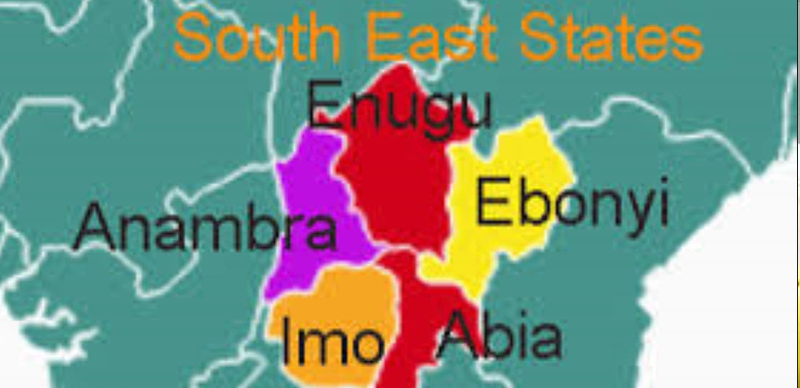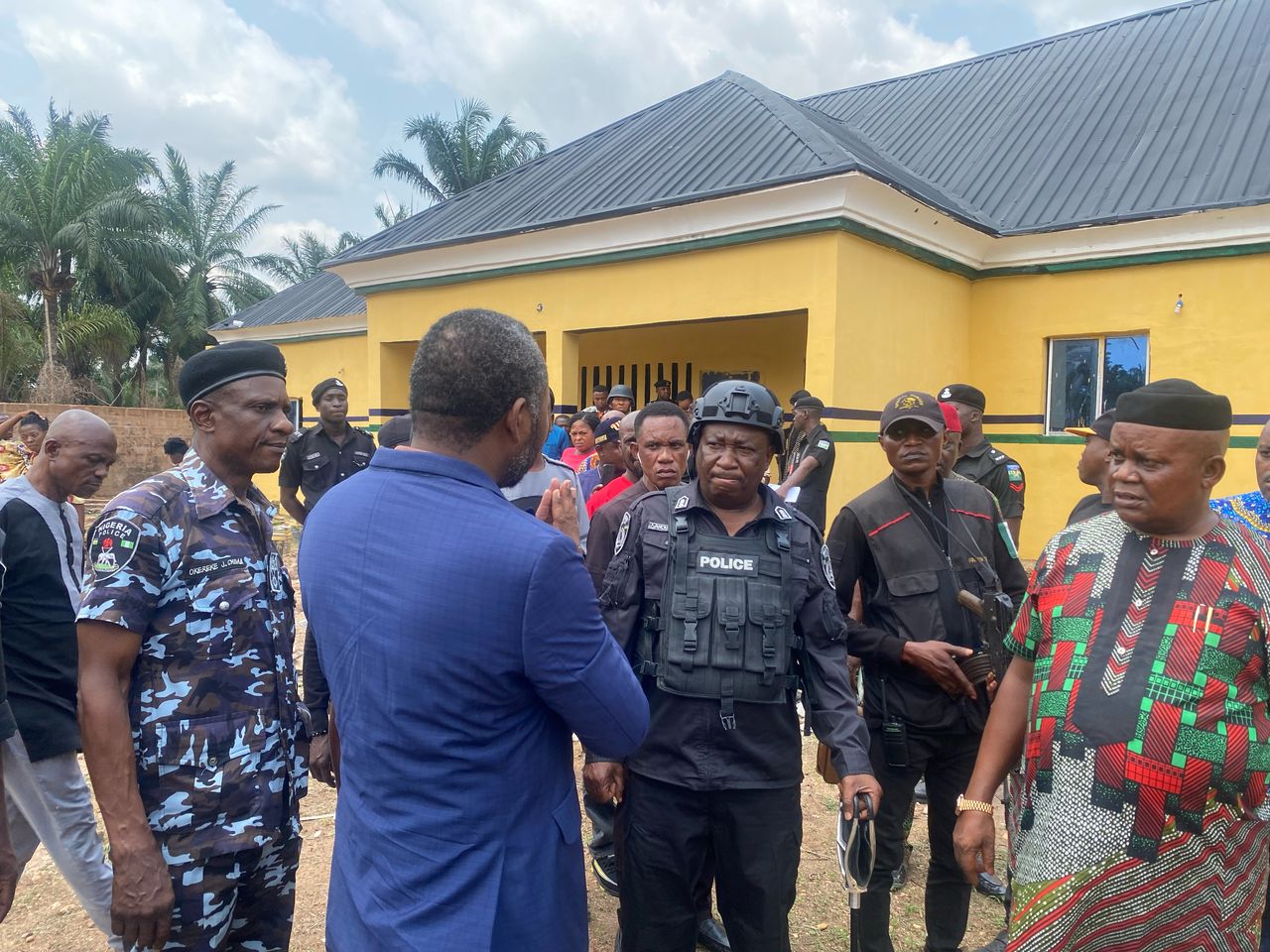
The President Bola Tinubu administration, through the National Bureau of Statistics, has debuted the Crime Experience and Security Perception Survey.
“The concept seeks to ensure that information rolled out to the public is data-driven,” Tinubu’s Special Adviser on Policy Communications, Daniel Bwala, revealed in a statement he signed on Wednesday titled ‘Ensuring Data Transparency: Tinubu govt debuts with CESPS.’
In its 2024 report, the CESPS collated crime incidents across the six geopolitical zones, with the Southeast recording the lowest rate of 6.2 million while the North West recorded the highest rate of 14.4 million incidents.
On security, the CESPS data based on a survey conducted across the six geopolitical zones nationwide is as follows: South East – 6.2m, South West – 6.9m, South-South – 7.7m, North East – 7.9m, North Central – 8.8m, and North West – 14.4m.
The statement read, “While the South East recorded the lowest incidence in crime experience with 6.2m, the North West was said to have had the largest with 14.4m.
“However, the report released by the NBS is a pointer to the several efforts of the current administration in addressing the security challenges ubiquitous in the country.
“Unlike what was obtained in the preceding year 2023, where crime incidences were pronounced high and at a crescendo, the 2024 report largely revealed the synergy between all relevant security architectures of the country – including military and paramilitary agencies, not forgetting private sector collaborations fostered by the Renewed Hope administration.”
Bwala argued that Nigeria has witnessed a drastic decline in cases of incessant kidnapping in the South, armed banditry, and cattle rustling in the North, especially the North West.
He also claimed that the activities of the proscribed group from the South East, Indigenous People of Biafra, and its affiliate – the Eastern Security Network, have largely reduced.
He also cited the recent arrest of the Finland-based Simon Ekpa, who “had hitherto instigated endless onslaughts on people from the South East.”
“On the Northern flank, Nigerians have seen fewer school attacks in the outgoing year, contrary to what was obtainable in recent years.
“This, no doubt, further lends credence to the fight against crime by the current administration,” he stated.
On inflation, the report revealed a slight increase relative to the recent natural disaster experienced by some northern states from the Northern extraction.
“The recent flood disaster that ravaged Borno State with a spillover to states like Adamawa, Yobe, and Gombe States would no doubt have a devastating impact on agricultural produce given that the nation depends on the North for food production.
“Understandably, the flood, with its concomitant effect, would naturally shoot up prices of goods,” argued Bwala.
He said the administration responded swiftly to the issue of the food crisis by releasing 2.1 million bags of fertilisers to help farmers nationwide and N30bn to Federal Universities of Agriculture to support mechanised farming and truckloads of 50kg-size rice sent to 36 states to help combat hunger and reduce inflation.
“Aside from the Federal Government’s quick intervention through the release of truckloads of grains to the sub-nationals, the Tinubu administration, in partnership with the World Bank, had earmarked $600m to fix 200,000km of rural roads aimed at facilitating food production and transportation to the various parts of the country.
“All of these measures are geared towards addressing food insecurity, the result of which is expected to manifest in the coming months,” the statement read.
On the economy, Bwala said the Tinubu administration reduced the debt-to-equity ratio to 68:32 within one year from around 97:3.
He also cited the payment of backlog of forex arrears to the tune of N7bn and increased foreign reserve to over $40bn, all of which, he said, is “geared towards redirecting the entire governance architecture for a more robust and thriving economy that will benefit all and sundry.


